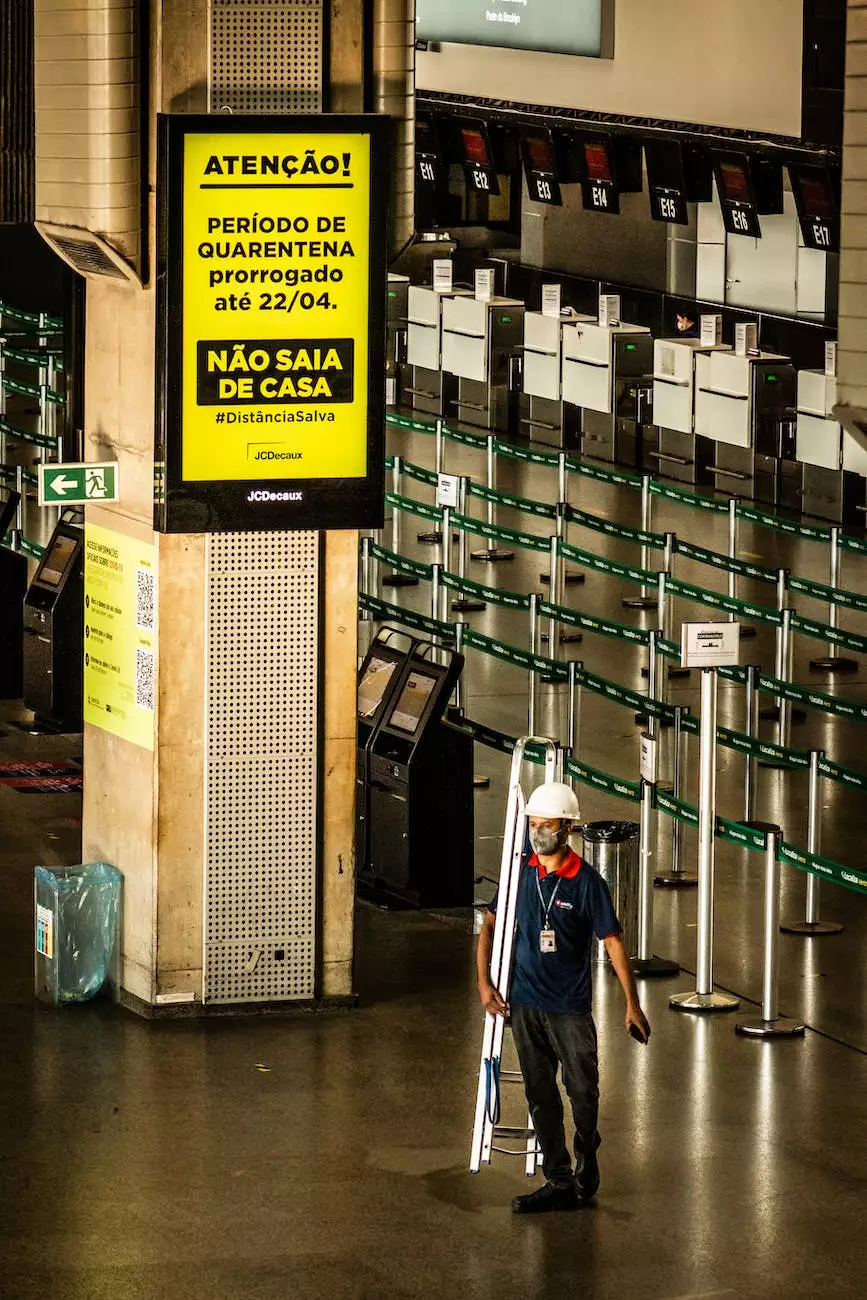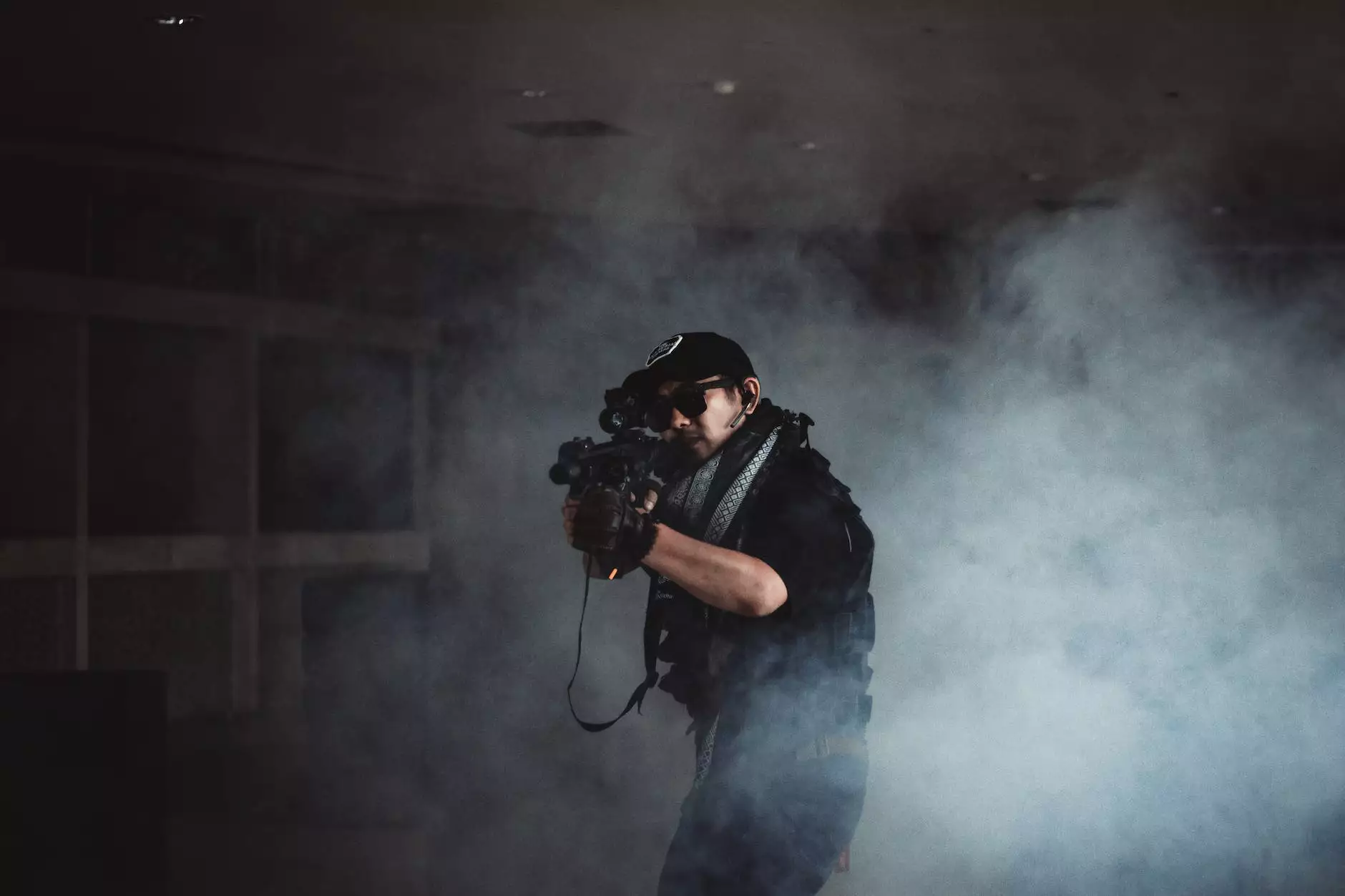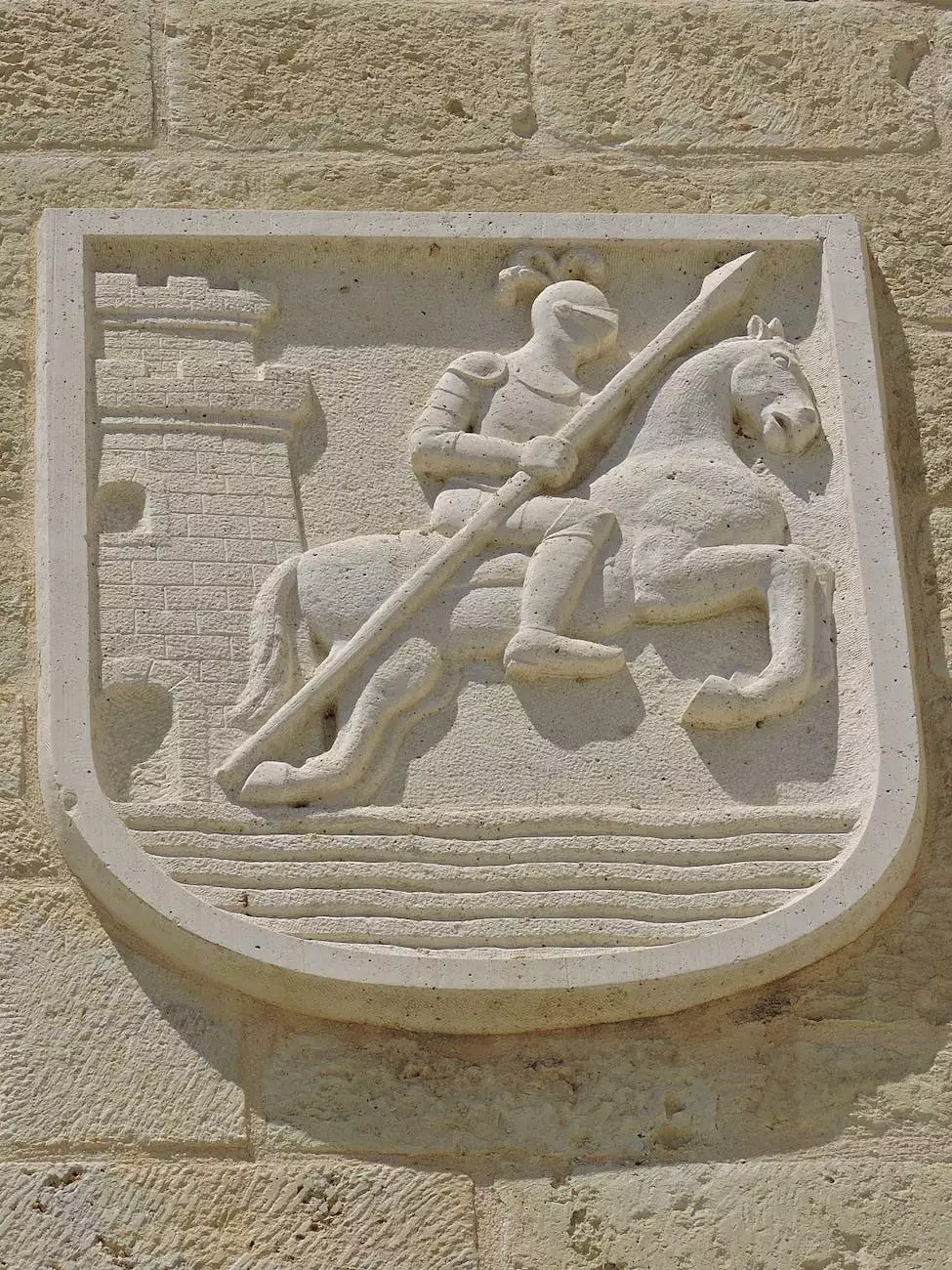Frequently Asked Questions about Concealed Carry Weapons (CCW)
About Us
What is a Concealed Carry Weapon?
A concealed carry weapon, often abbreviated as CCW, refers to a firearm that is carried in a concealed manner to maintain its secrecy and avoid alarming others. CCW enables individuals to legally carry firearms for self-defense purposes, keeping them hidden from public view.
Why Should I Consider Getting a CCW Permit?
Obtaining a CCW permit offers various benefits, including:
- Personal Safety: Carrying a concealed firearm provides a means of self-defense, helping you protect yourself and your loved ones in critical situations.
- Legal Protection: With a valid CCW permit, you adhere to the laws and regulations concerning concealed carry in your jurisdiction, thus protecting yourself from legal consequences.
- Increased Confidence: Carrying a concealed weapon can boost your confidence and peace of mind, knowing that you have a reliable means of protection if required.
- Flexibility: Having a CCW permit allows you to carry a concealed firearm in places where open carry is not permitted, expanding your options for self-defense.
How Can I Obtain a CCW Permit?
The process of obtaining a CCW permit varies depending on your location. In most cases, it involves the following steps:
- Find Out Your Local Requirements: Research the specific laws, regulations, and requirements for obtaining a CCW permit in your state or jurisdiction.
- Complete a Training Course: Enroll in a state-approved firearm training course that covers essential topics such as firearm safety, marksmanship, and legal responsibilities.
- Submit Your Application: Prepare and submit your CCW permit application, ensuring that you provide all necessary documentation, including proof of residency, fingerprints, and certification of completing the training course.
- Undergo Background Checks: Expect comprehensive background checks conducted by law enforcement agencies to verify your eligibility for a CCW permit.
- Pay Required Fees: Pay the necessary application and processing fees along with any additional charges associated with obtaining a CCW permit.
- Wait for Approval: Wait for the processing period, during which your application will be reviewed and either approved or denied.
- Receive Your CCW Permit: If approved, you will receive your CCW permit, allowing you to legally carry a concealed firearm.
What Are the Laws and Regulations Regarding CCW?
The laws and regulations surrounding concealed carry weapons vary from state to state or jurisdiction. It is vital to familiarize yourself with the specific laws in your area. However, some common regulations include:
- Permit Requirement: Most jurisdictions require individuals to obtain a valid CCW permit before carrying a concealed firearm.
- Restrictions on Carry Locations: Certain areas, such as schools, government buildings, airports, and private property, may prohibit carrying concealed weapons.
- Firearm Types and Capacity: Laws may restrict the types of firearms and their magazine capacities that can be carried concealed.
- Training and Renewal: Many states mandate completion of a firearm training course and regular permit renewals to ensure safety and knowledge.
- Stand Your Ground and Castle Doctrine: Some states have specific laws regarding the use of force in self-defense situations.
Can I Carry My CCW Firearm Across State Lines?
Carrying a CCW firearm across state lines requires understanding and adhering to the laws of both your home state and the state you are visiting or passing through. This concept is known as reciprocity. It is crucial to research and know the specific reciprocity agreements and regulations for concealed carry in each state involved to avoid potential legal issues.
Do I Need to Renew My CCW Permit?
Most jurisdictions require CCW permit holders to renew their permits periodically. The renewal periods typically range from two to five years, depending on the location. Renewal involves submitting updated documentation and fulfilling any additional requirements, such as attending refresher courses or undergoing background checks.
What Training Do I Need for CCW?
While the training requirements for obtaining a CCW permit vary among jurisdictions, it is generally advisable to seek comprehensive firearm training to enhance your knowledge and skills. Some essential training aspects include:
- Firearm Safety: Understanding safe handling, storage, and transportation of firearms.
- Marksmanship: Developing proficiency in accurately shooting a firearm.
- Legal Responsibilities: Familiarizing yourself with the laws and regulations regarding concealed carry and the use of force in self-defense situations.
- Situational Awareness: Learning to assess potential threats and make informed decisions regarding the use of a concealed firearm.
Can I Use Deadly Force to Defend Myself with a CCW Firearm?
The laws regarding the use of force in self-defense situations can vary significantly depending on your jurisdiction. Generally, the use of deadly force is permitted when there is a reasonable belief of imminent threat of death or serious bodily harm. However, it is crucial to familiarize yourself with your local laws and consult legal professionals to understand your rights and responsibilities fully.
Conclusion
Obtaining a CCW permit and understanding the rules and regulations surrounding concealed carry is important for responsible gun owners. Lance Keller provides this comprehensive guide to CCW FAQs in the field of hunting and shooting, offering valuable information to help you navigate the world of carrying a concealed firearm.




